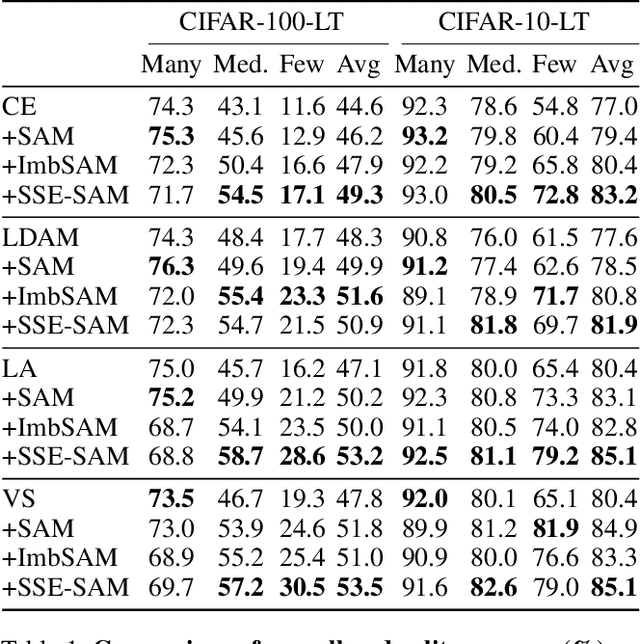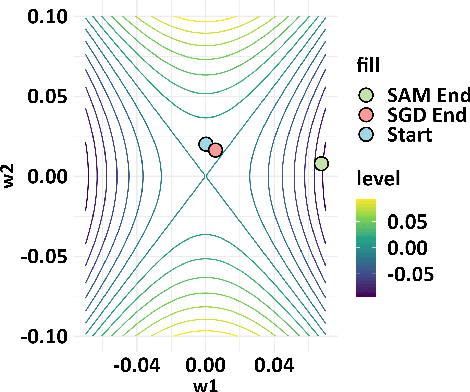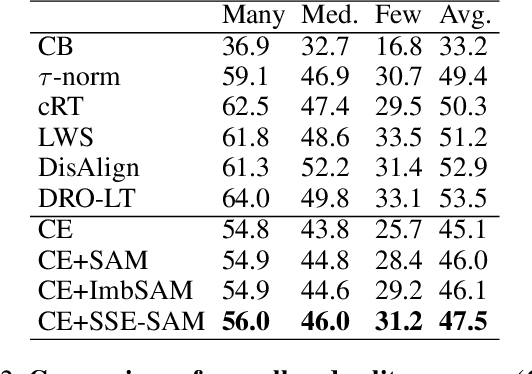Xingyu Lyu
Two Heads Are Better than One: Model-Weight and Latent-Space Analysis for Federated Learning on Non-iid Data against Poisoning Attacks
Mar 30, 2025



Abstract:Federated Learning is a popular paradigm that enables remote clients to jointly train a global model without sharing their raw data. However, FL has been shown to be vulnerable towards model poisoning attacks due to its distributed nature. Particularly, attackers acting as participants can upload arbitrary model updates that effectively compromise the global model of FL. While extensive research has been focusing on fighting against these attacks, we find that most of them assume data at remote clients are under iid while in practice they are inevitably non-iid. Our benchmark evaluations reveal that existing defenses generally fail to live up to their reputation when applied to various non-iid scenarios. In this paper, we propose a novel approach, GeminiGuard, that aims to address such a significant gap. We design GeminiGuard to be lightweight, versatile, and unsupervised so that it aligns well with the practical requirements of deploying such defenses. The key challenge from non-iids is that they make benign model updates look more similar to malicious ones. GeminiGuard is mainly built on two fundamental observations: (1) existing defenses based on either model-weight analysis or latent-space analysis face limitations in covering different MPAs and non-iid scenarios, and (2) model-weight and latent-space analysis are sufficiently different yet potentially complementary methods as MPA defenses. We hence incorporate a novel model-weight analysis component as well as a custom latent-space analysis component in GeminiGuard, aiming to further enhance its defense performance. We conduct extensive experiments to evaluate our defense across various settings, demonstrating its effectiveness in countering multiple types of untargeted and targeted MPAs, including adaptive ones. Our comprehensive evaluations show that GeminiGuard consistently outperforms SOTA defenses under various settings.
Buffer is All You Need: Defending Federated Learning against Backdoor Attacks under Non-iids via Buffering
Mar 30, 2025



Abstract:Federated Learning (FL) is a popular paradigm enabling clients to jointly train a global model without sharing raw data. However, FL is known to be vulnerable towards backdoor attacks due to its distributed nature. As participants, attackers can upload model updates that effectively compromise FL. What's worse, existing defenses are mostly designed under independent-and-identically-distributed (iid) settings, hence neglecting the fundamental non-iid characteristic of FL. Here we propose FLBuff for tackling backdoor attacks even under non-iids. The main challenge for such defenses is that non-iids bring benign and malicious updates closer, hence harder to separate. FLBuff is inspired by our insight that non-iids can be modeled as omni-directional expansion in representation space while backdoor attacks as uni-directional. This leads to the key design of FLBuff, i.e., a supervised-contrastive-learning model extracting penultimate-layer representations to create a large in-between buffer layer. Comprehensive evaluations demonstrate that FLBuff consistently outperforms state-of-the-art defenses.
SSE-SAM: Balancing Head and Tail Classes Gradually through Stage-Wise SAM
Dec 18, 2024



Abstract:Real-world datasets often exhibit a long-tailed distribution, where vast majority of classes known as tail classes have only few samples. Traditional methods tend to overfit on these tail classes. Recently, a new approach called Imbalanced SAM (ImbSAM) is proposed to leverage the generalization benefits of Sharpness-Aware Minimization (SAM) for long-tailed distributions. The main strategy is to merely enhance the smoothness of the loss function for tail classes. However, we argue that improving generalization in long-tail scenarios requires a careful balance between head and tail classes. We show that neither SAM nor ImbSAM alone can fully achieve this balance. For SAM, we prove that although it enhances the model's generalization ability by escaping saddle point in the overall loss landscape, it does not effectively address this for tail-class losses. Conversely, while ImbSAM is more effective at avoiding saddle points in tail classes, the head classes are trained insufficiently, resulting in significant performance drops. Based on these insights, we propose Stage-wise Saddle Escaping SAM (SSE-SAM), which uses complementary strengths of ImbSAM and SAM in a phased approach. Initially, SSE-SAM follows the majority sample to avoid saddle points of the head-class loss. During the later phase, it focuses on tail-classes to help them escape saddle points. Our experiments confirm that SSE-SAM has better ability in escaping saddles both on head and tail classes, and shows performance improvements.
 Add to Chrome
Add to Chrome Add to Firefox
Add to Firefox Add to Edge
Add to Edge